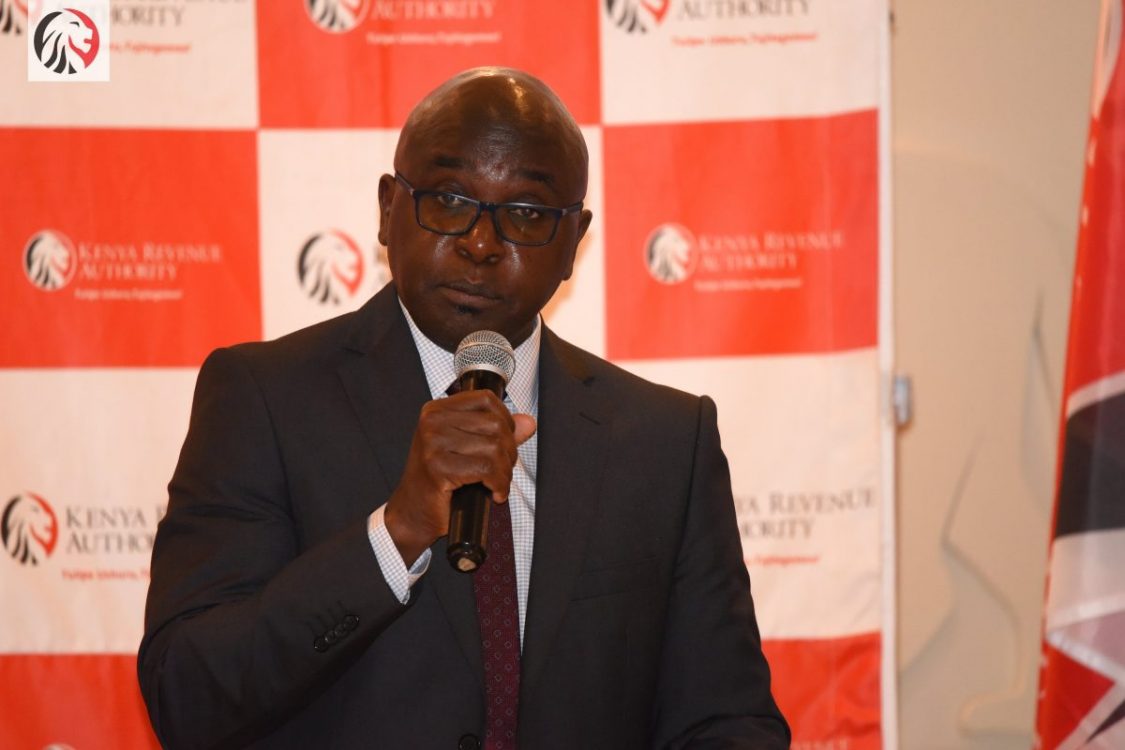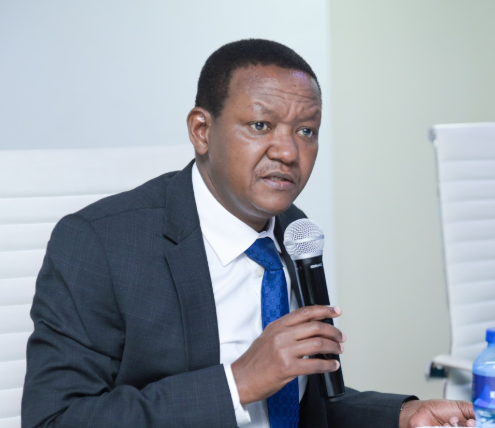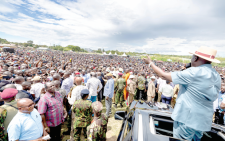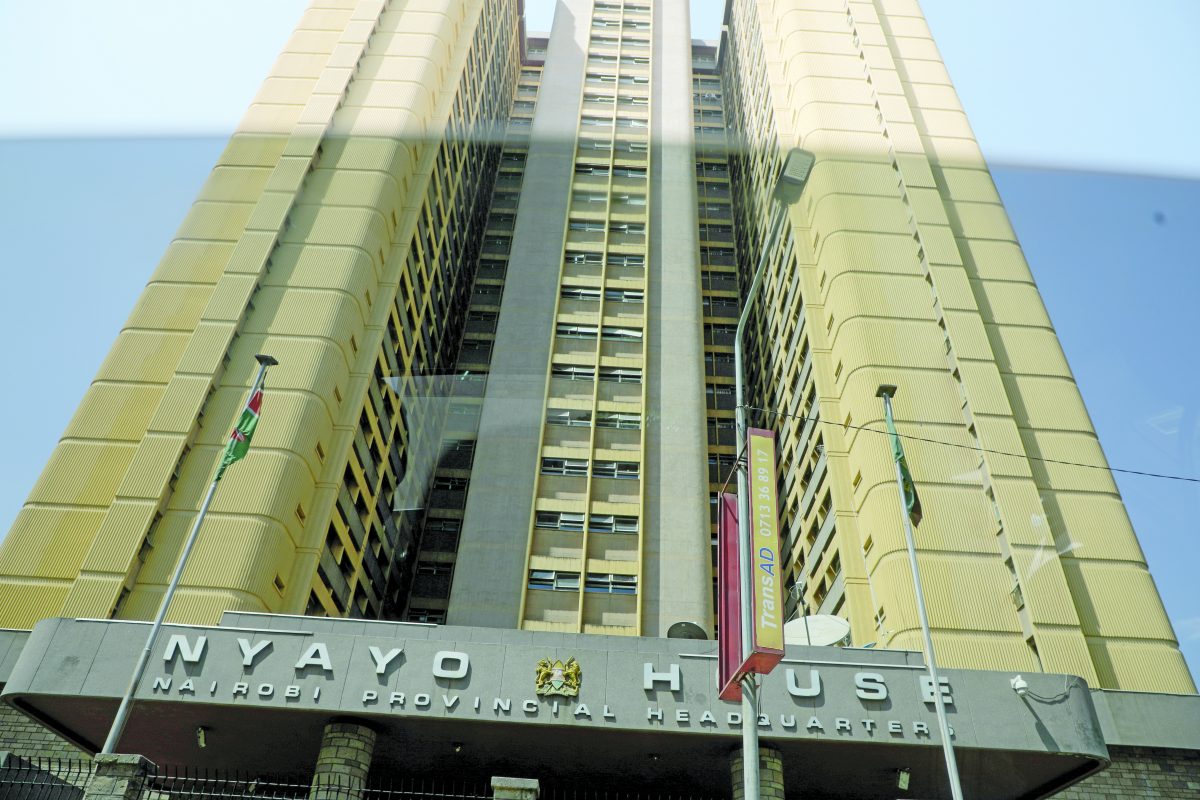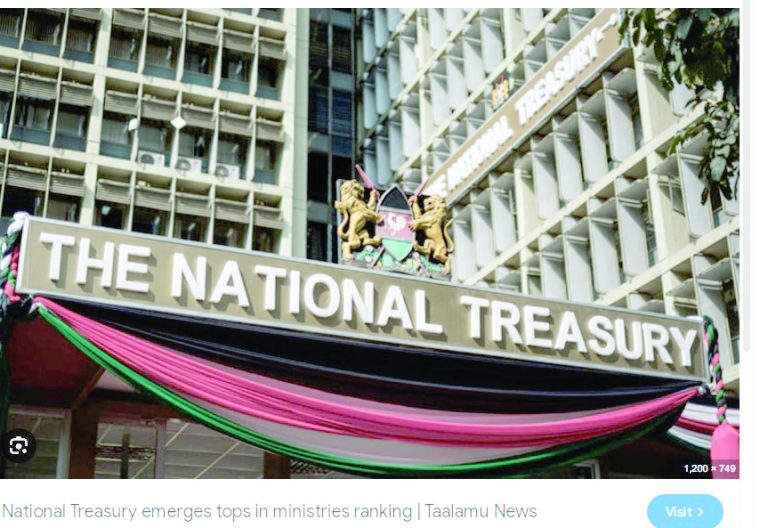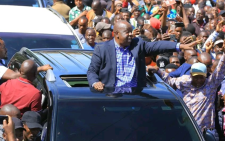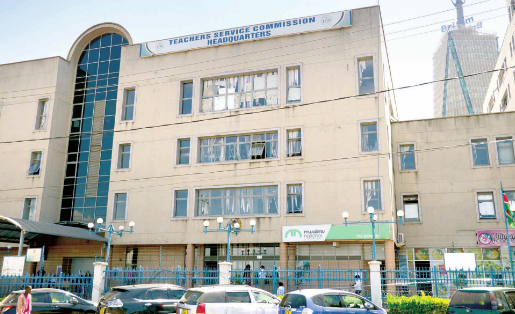Some using benefits law to settle political scores

On June 10, former President Uhuru Kenyatta’s office complained publicly that for the last two years he had not received the facilitation that he is entitled to under the 2003 Presidential Retirement Benefits Act.
The Act provides for the granting of pension and other retirement benefits to the former holders of the office of President. Kenyatta’s two-year term ended on September 13, 2022, handing over the reins of power to William Ruto.
Of Kenya’s four previous Presidents, only Kenyatta and the widow of his late father, Jomo, are still entitled to the benefits under the law, Daniel Arap Moi and Mwai Kibaki having died in 2020 and 2022 respectively. The spouses of the two – Lena Moi and Lucy Kibaki – also died earlier, in 2004 and 2016.
With the two ex-Presidents and their spouses out of the picture, it’s coincidental that only the families of Uhuru and Jomo are entitled to the benefits. Other offices added to the list of beneficiaries are that of Vice-President and Prime Minister, with Raila Odinga and Kalonzo Musyoka as current claimants.
A motion sponsored by Nyando MP Jared Okello currently under consideration by the National Assembly seeks to add governors and deputy governors who serve two full terms to the list of beneficiaries.
But since the law was enacted, its interpretation and implementation seem not to have taken into account the mischief it was intended to address. In the build-up to the popular agitation for multiparty rule and constitutional reforms, President Moi managed to outlast the clamour for reforms, resisting the wave of agitation then sweeping across the globe, particularly after the collapse of the Soviet Union.
Those of us who were at the forefront of the popular agitation reasoned, and rightly so, that part of the resistance by autocratic leaders across Africa were perhaps scared of retreating to lonely and underprivileged lifestyles after leaving office, and would do everything and anything within their powers to cling to office till their death.
It was then that the technical wing of the reform movement, led by the likes of Anyang’ Nyong’o, Gibson Kamau Kuria, Kivutha Kibwana and other former scholars, came up with the idea of a package of retirement benefits that would sufficiently entice Moi into agreeing to the two-term limit and leave office if his party lost the elections.
But the reformers were not yet sure that even in retirement, the self-proclaimed professor of politics would not use his decades-old experience to manipulate the politics of the day to the advantage of his party and protégés. To address this mischief, the reformers added a clause to Section 6 of the law, providing that “a retired President shall not hold office in any political party for more than six months after ceasing to hold office as President”.
But adding this clause did not mollify the torment that reformers had gone through under Moi. For good measure, and out of abundance of caution, the debate on whether a President should meet certain educational requirements became an issue of animated discussions and controversy.
I was one of the more than 600 delegates who converged at the Bomas of Kenya to consider and adopt proposals in the Yash Pal Ghai-led Constitution of Kenya Review Commission Report and Zero Draft of the Constitution.
While some delegates pushed to insert a university degree among the requirements, others felt that it was a mundane issue that could be addressed in ordinary legislation. It’s on this basis that the Elections Act required that a presidential candidate and the running mate, as well as governor candidates and their running mates, be holders of a university degree.
The courts have since declared this provision, obviously enacted with Moi in mind, unconstitutional.
More than two decades after the benefits law was enacted, reactionaries in the government still misuse clauses in Presidential Retirement Benefits Act to settle political scores.
—The writer is Executive Director of the Kenya National Civil Society Centre; suba_churchill@yahoo.com
